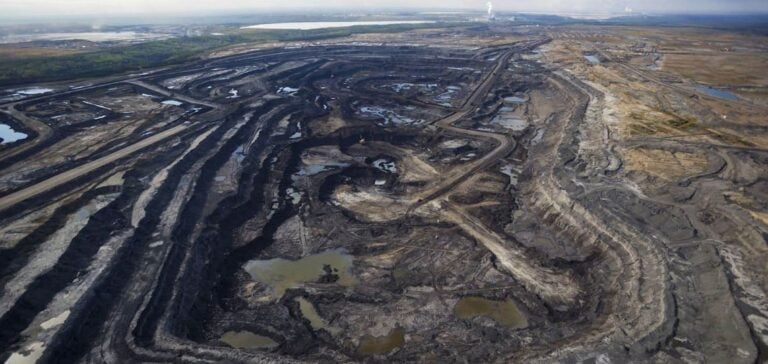Justin Trudeau’s government is proposing regulations to force the country’s most polluting oil and gas sector to reduce its emissions to 137 million metric tons by 2030. This measure targets a 37% reduction on 2022 levels. This initiative is strongly opposed by Alberta, Canada’s main oil producer, and by the industry itself, which sees it as a cap on production. Nevertheless, the country’s prolonged droughts are prompting a reduction in emissions.
Economic and industrial impact
The Deloitte report, commissioned by the Alberta government, indicates that the implementation of carbon capture and storage (CCS) technology would make high-cost oil sands mining economically unviable. For lower-cost thermal assets, reducing production would be more profitable than investing in CCS. The Pathways Alliance, a group of six major oil sands companies, has yet to make a final decision on its C$16.5 billion project, which requires further financial support from the government.
Production outlook
Canada, the world’s fourth-largest oil producer with around 5 million barrels per day, could see its oil production fall by 10% and its gas production by 12% by 2030 under the emissions cap. This would translate into a loss of 90,000 jobs and C$282 billion in GDP between 2030 and 2040.
Reactions and consequences
Despite industry fears, production is currently at record levels thanks to a new export pipeline and resilient oil prices. Alberta Finance Minister Nate Horner called for the idea to be dropped, while federal Environment Minister Steven Guilbeault asserted that the government had no jurisdiction to limit production.
The debate surrounding this policy highlights the tensions between the federal government’s ambitious environmental objectives and the economic and industrial realities of the country’s main production region. The next few months will be decisive for the future of this issue, particularly with the elections scheduled for next year.





















